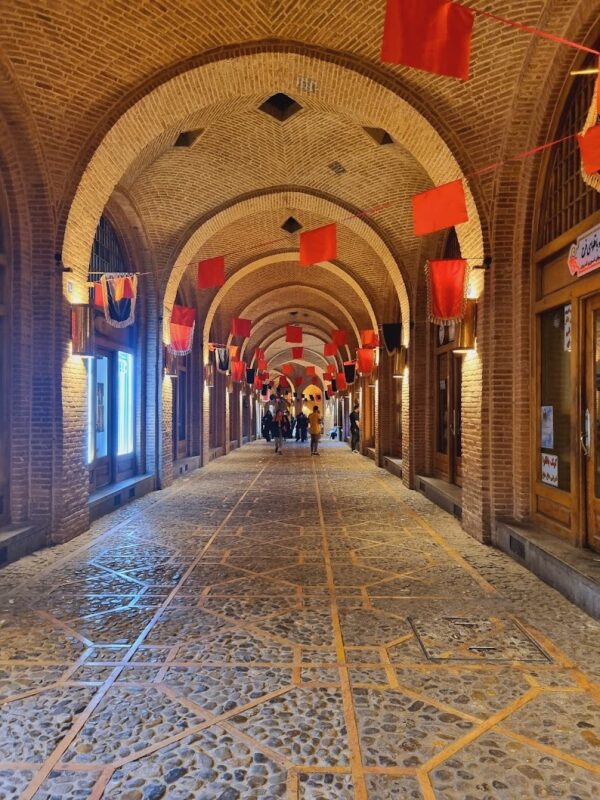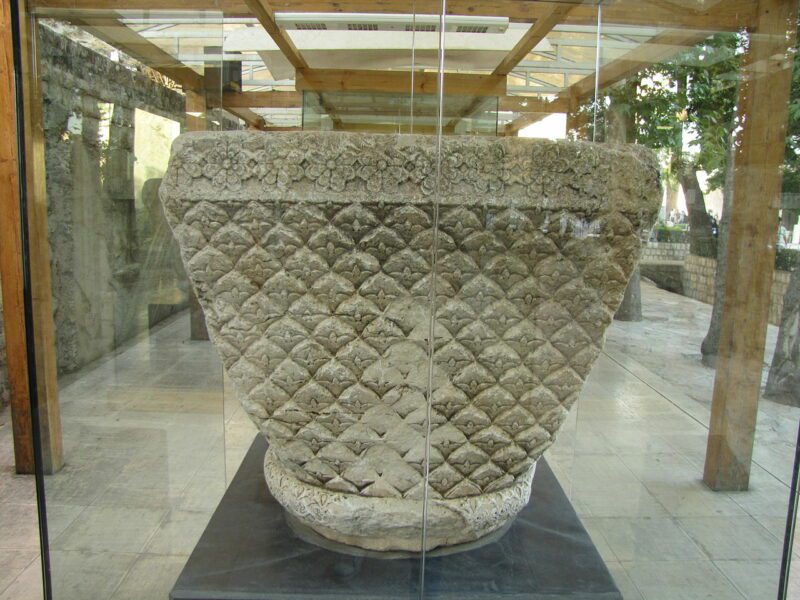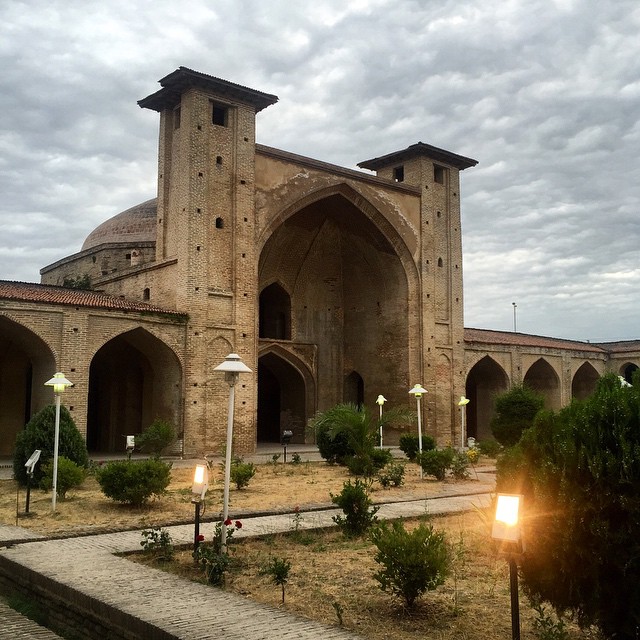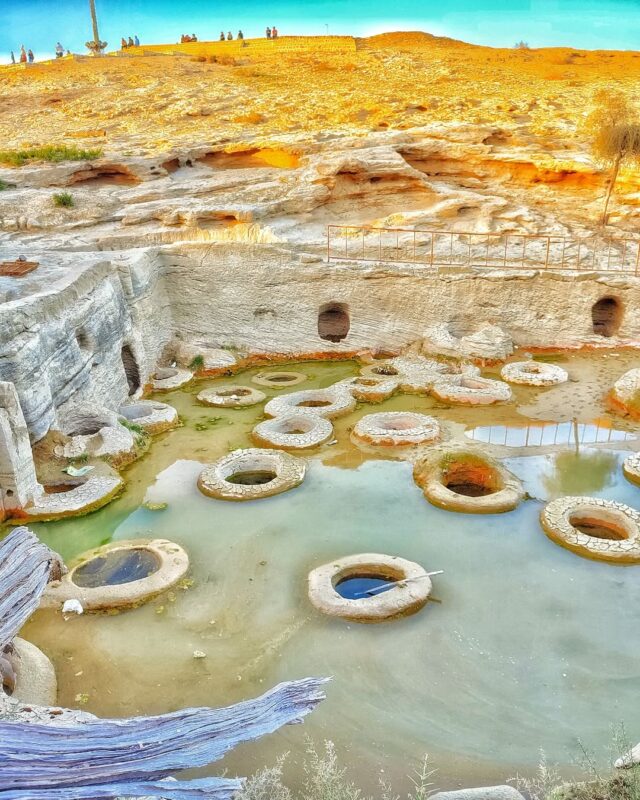Qazvin market, a gem in the history and culture of Iran
Qazvin market is one of the largest and most magnificent traditional markets of Iran, which dates back to the Safavid period. This market, which is located in the center of Qazvin city, has played a role as one of the important centers of trade and commerce in Iran throughout history.
Architecture:
Qazvin market, with an area of about 30 hectares, has many covered rows, timchehs, sera, mosques and caravanserais.
Rows: The rows of Qazvin market are longitudinal and transverse and connected to each other, and each row belongs to a specific class of business.
Timchehs: Timchehs are covered and domed spaces that are located inside the market and were used as a place to supply special and expensive goods.
Serahs: Serahs are covered spaces with courtyards that are located inside the market and were used as warehouses and trading places.
Mosques: There are many mosques inside the Qazvin market that were used as places of worship for businessmen and clients.
Caravanserai: Inside the Qazvin market, there are numerous caravanserai that were used as resting and trading places for caravans in the past.
Decorations:
Qazvin market is decorated with very beautiful and impressive decorations, including brick work, tile work, moqran work and painting.
Brickwork: The exterior and interior of the market are decorated with beautiful brickwork.
Tiling: In some parts of the market, tiling has been used for decoration. These tiles are used in the headlands, domes and walls.
Moqranskari: Moqranskari is one of the main elements of decoration in Iranian architecture. In the Qazvin market, moqrans work is also used to decorate the fronts, domes and porches.
Painting: In some parts of the market, there are beautiful wall paintings. These paintings include religious and historical images.
Qazvin market



